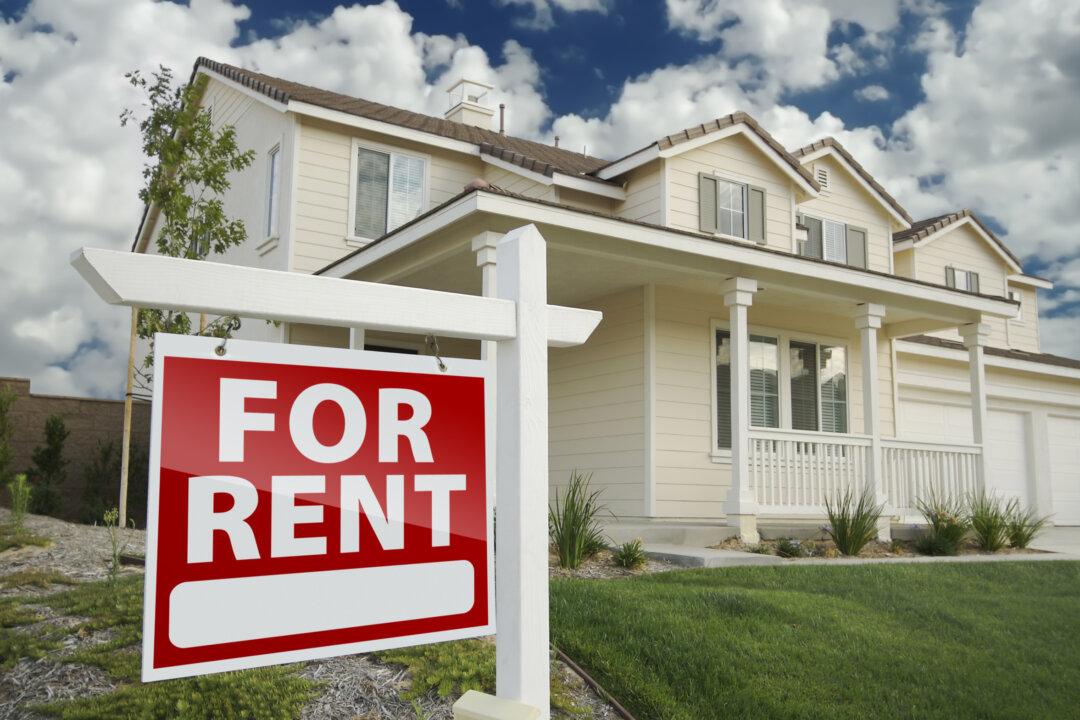Before you dive headfirst into real estate investing, there are a number of things you need to think about. Real estate investing is not just about going out, buying a property, and then figuring out what to do with it.
If you take some time and think about the following things, you'll have a much better chance of success. Success in real estate investing is all about making a profit. Profits can be made either from a monthly cash flow or from the sale of a property at a higher price.





